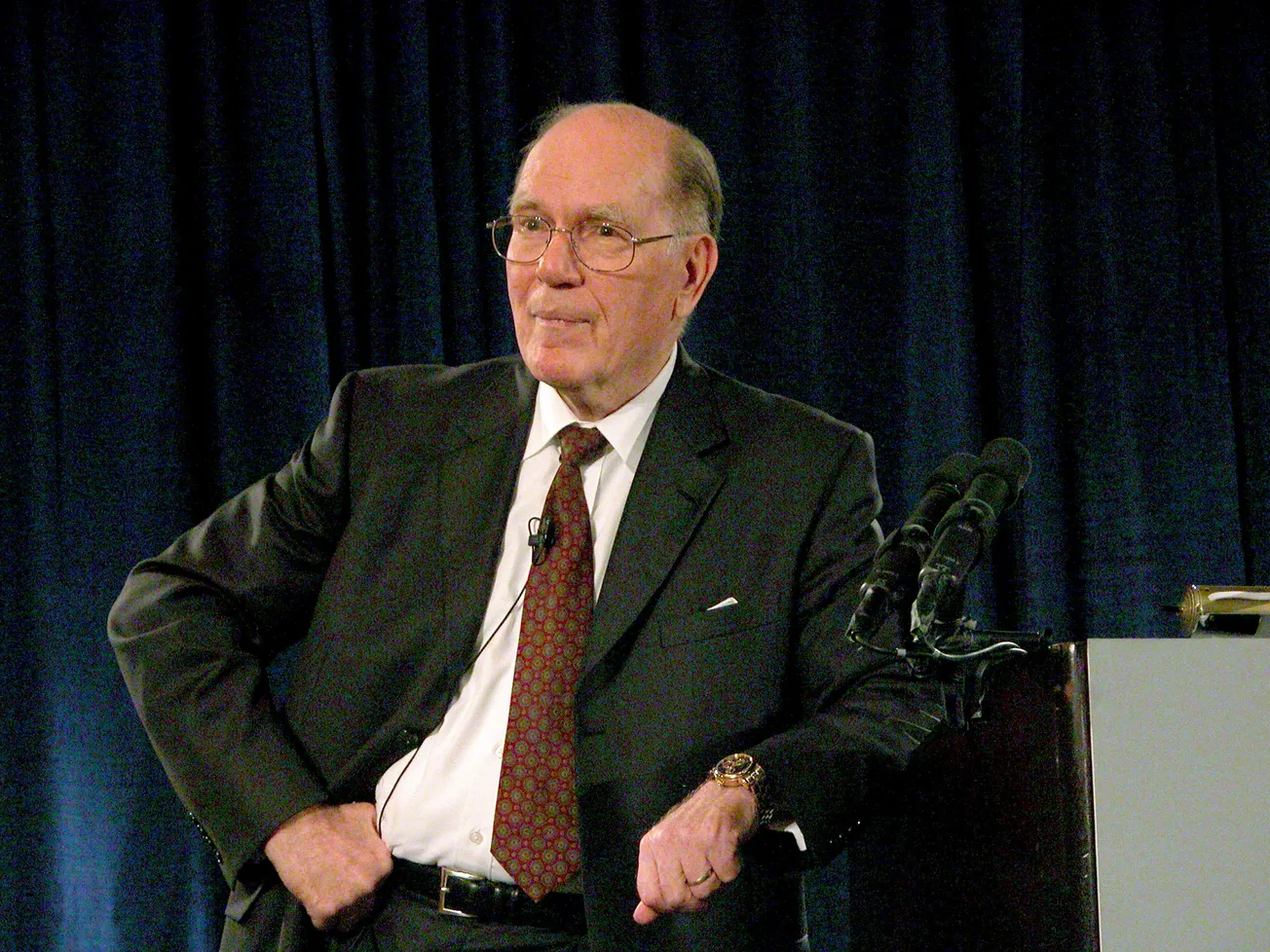Gen. (ret.) Keith Kellogg, President-elect Donald Trump’s envoy on Ukraine peace negotiations, responded quickly to the Dec. 17 assassination of Russian Gen.-Lt. Igor Kirillov by Ukrainian secret services, denouncing the terror hit in Moscow as “not a smart thing to do…. There are rules of engagement, and there are certain things that you just don’t do.”
Moscow will take due note of Kellogg’s comments, which are a useful effort by the Trump camp to try to douse the flames on this latest strategic provocation against Russia, all of which are designed—like the last 30 days’ string of ATACMS long-range missile attacks on Russia—to try to lock in place a head-on collision, even a nuclear one, between the U.S. and NATO on the one side, and Russia and China on the other—before Donald Trump takes office on Jan. 20, 2025. Recent statements at CSIS in Washington by STRATCOM’s Director of Plans and Policy Adm. Thomas Buchanan, point in exactly that direction.
Trump himself strongly denounced the ATACMS provocations, both in a Time magazine interview published Dec. 12 and then again in a Dec. 16 Mar-a-Lago press conference. Kremlin spokesman Dmitry Peskov stated his appreciation of the former. And Russian media such as RT gave wide coverage to the latter, featuring a headline that read: “‘Stupid’ of Biden To Allow Long-Range Strikes on Russia—Trump,” with the kicker “The U.S. President-elect has said that he may reverse the decision once he takes office next month.”
But then again on Dec. 18, Ukraine reportedly launched yet another ATACMS strike, targeting a rocket fuel plant and an airfield in Rostov. Few further details are available at this writing.
It is evident that the underlying problem overflows the short-term responses to date. When faced with the strategic pyromaniacs running the Biden administration, and who are moving in on the incoming Trump administration to try to contain and control it, simply dousing the flames of each new fire that is set is, eventually, a losing proposition.
To wit: The nation of Syria is now being carved up by Israeli, American, Turkish and other forces, all under the guiding hand of London’s Bernard Lewis Plan for unleashing geopolitical havoc on Russia’s southern flank. Will Israel’s Prime Minister Netanyahu, who just seized Mount Hebron and is moving further into Syrian territory, be convinced that this is the propitious moment he has been waiting for to finally move against Iran’s nuclear program? And might he use Israel’s nuclear weapons in such an attack?
On the economic front, the City of London and Wall Street are also moving to present Trump with a fait accompli: If you try to break out of our control, we will unleash a full-scale bond crisis on the United States, and your government will last about as long as that of British Prime Minister Liz Truss (49 days), who was toppled by an orchestrated bond blowout.
To move beyond addressing the momentary survival of mankind over the coming 30 days, to guaranteeing our durable survival as the unique, creative species that we are, requires very basic changes. The Schiller Institute’s just-released pamphlet “Development Drive Means Billions of New Jobs, No Refugees, No War” presents the essentials of the urgently needed policy of U.S. cooperation with China, Russia and the BRICS, and it deserves the widest possible circulation and deliberation, both nationally and internationally. The same holds for the proceedings of the extraordinary Dec. 7-8 Schiller Institute conference organized by Helga Zepp-LaRouche.
Without the kind of rigorous scientific thinking represented there, thinking which is the hallmark of the LaRouche movement, this nation and planet cannot survive nor long endure.
Three months after he was unjustly jailed in January 1989, Lyndon LaRouche published the first of his prison writings, “In Defense of Common Sense.” In its opening pages, LaRouche addressed the issue of Mankind’s momentary vs. durable survival:
“It were an ill wind which had not sent some Plato dialogues into my cell. From the prison in which the politician’s career expires, the influence of the statesman is raised toward the summits of his life’s providential course. Since Solon, the Socratic method has become the mark of the great Western statesman. Without the reemergence of that leadership, our imperiled civilization will not survive this century’s waning years.…
“A swimmer is rescued from the sea, moments before his strength had ebbed fatally. This is momentary survival. Is this a paradigm for the successful survival of an entire society? How must we distinguish between merely momentary and durable survival?... That selected moment serves as the time of departure for a continuing journey into the future.… Does the swimmer’s survival at moment B portend a likelihood for his continuing survival, through C, D, and so on? Perhaps, to foster a successful posterity? Such is the raw distinction between momentary and successful survival.
“Regard that journey into the future as if it were a kind of mathematical physicist’s continuous function. Continuously, cause generates effect, and effect has a causal relationship to the subsequent effects. This function is expressed in terms of increase, or decrease, of a magnitude termed potential population-density.… The increase of both the actual and potential population-densities, during the recent thousands of years, is the outcome of the continued and interdependent generation, transmission, and efficient assimilation of scientific and technological progress.









